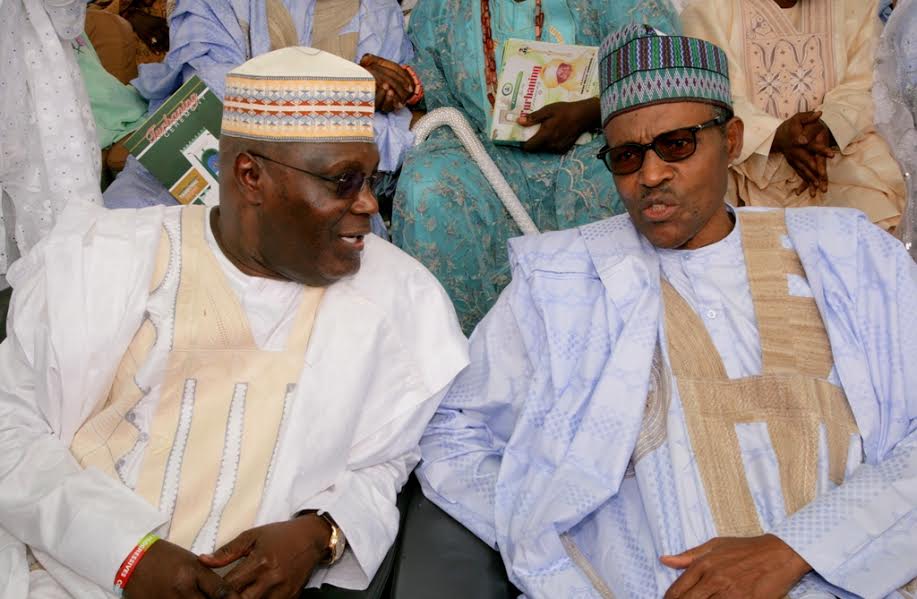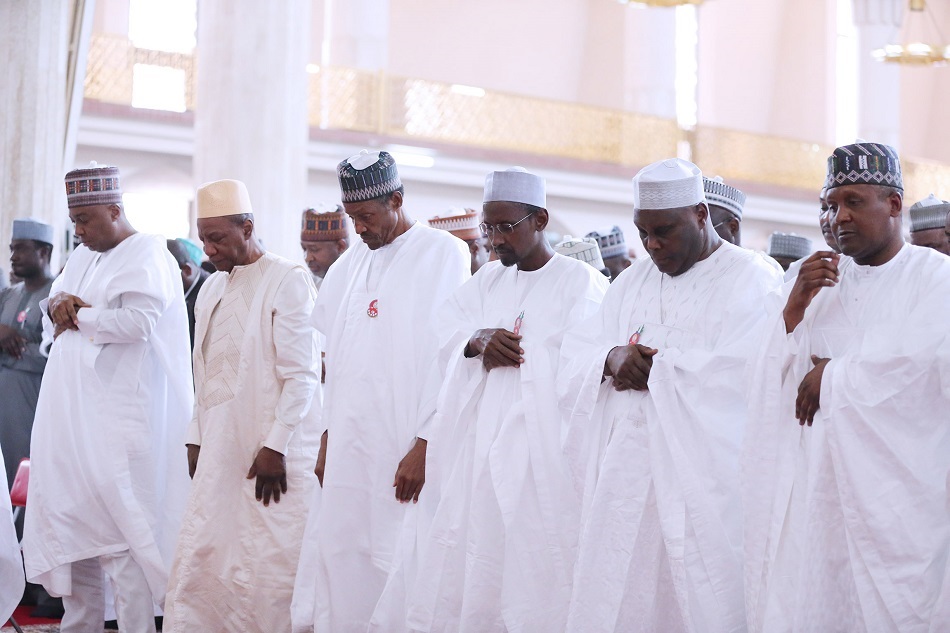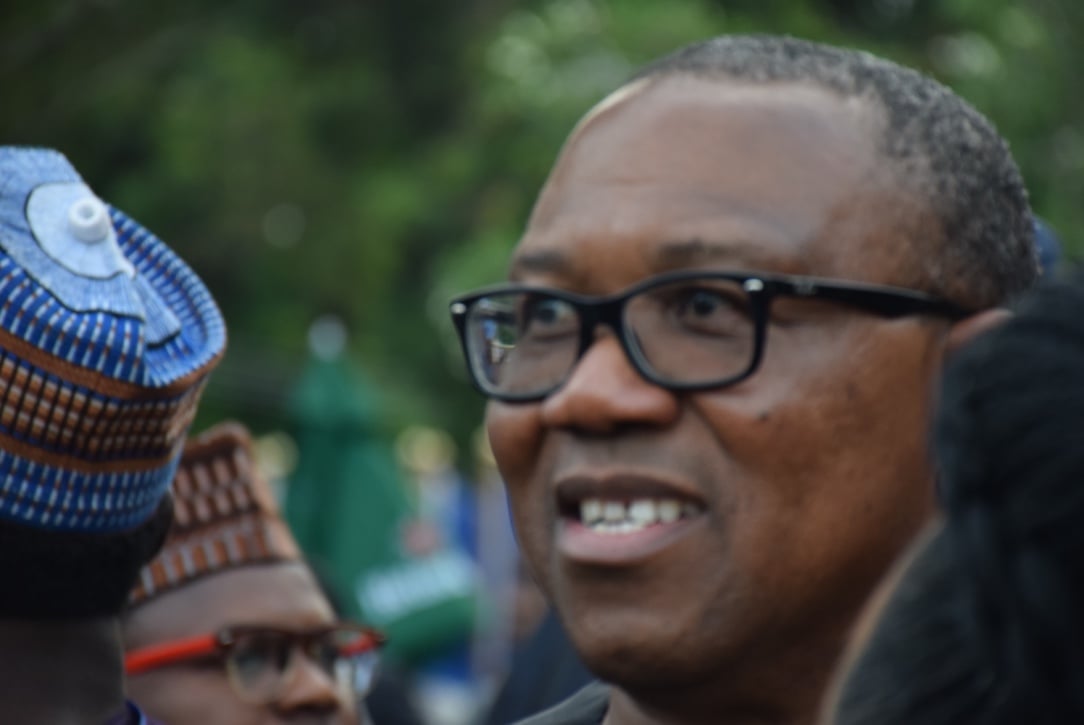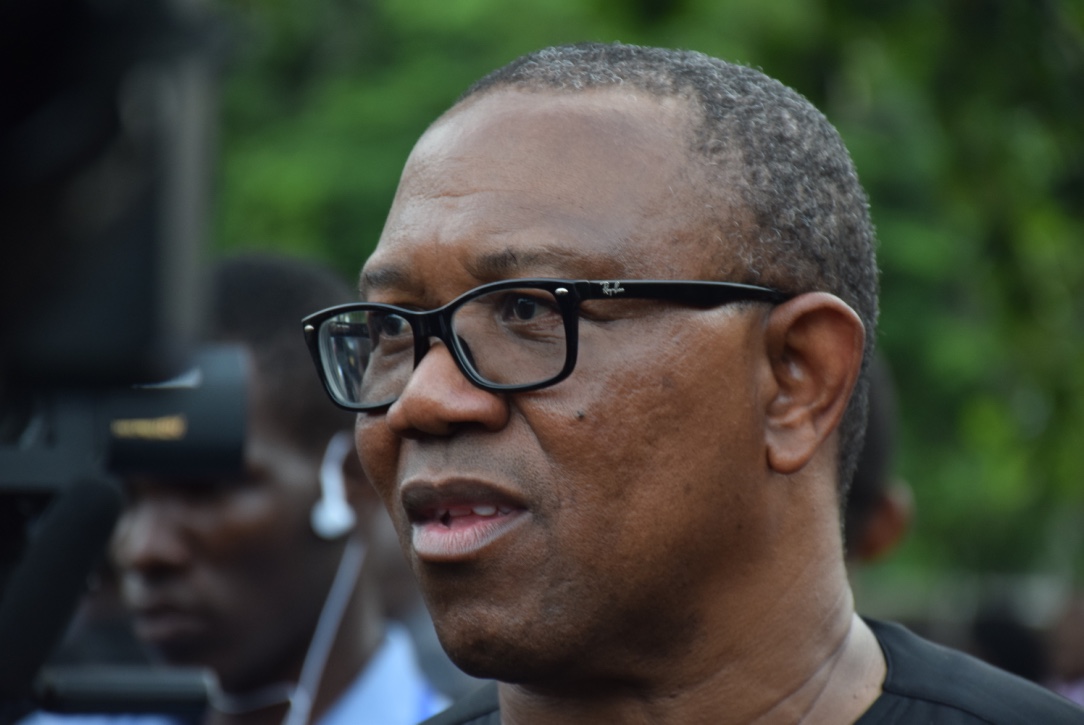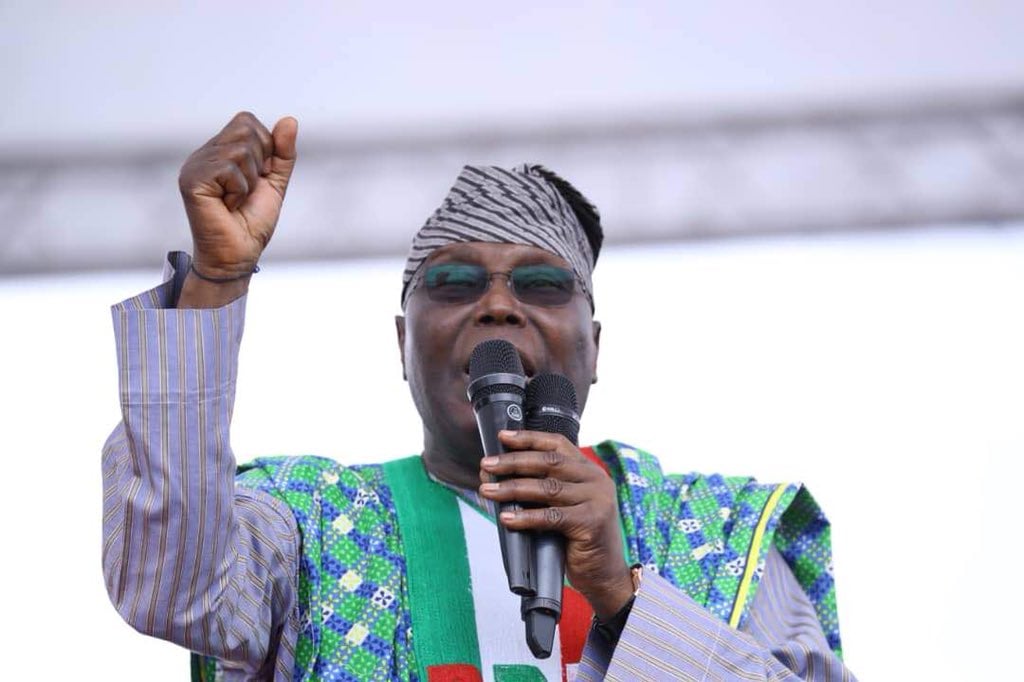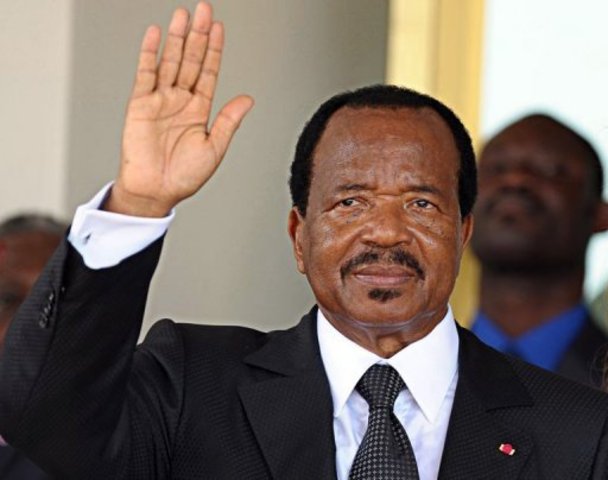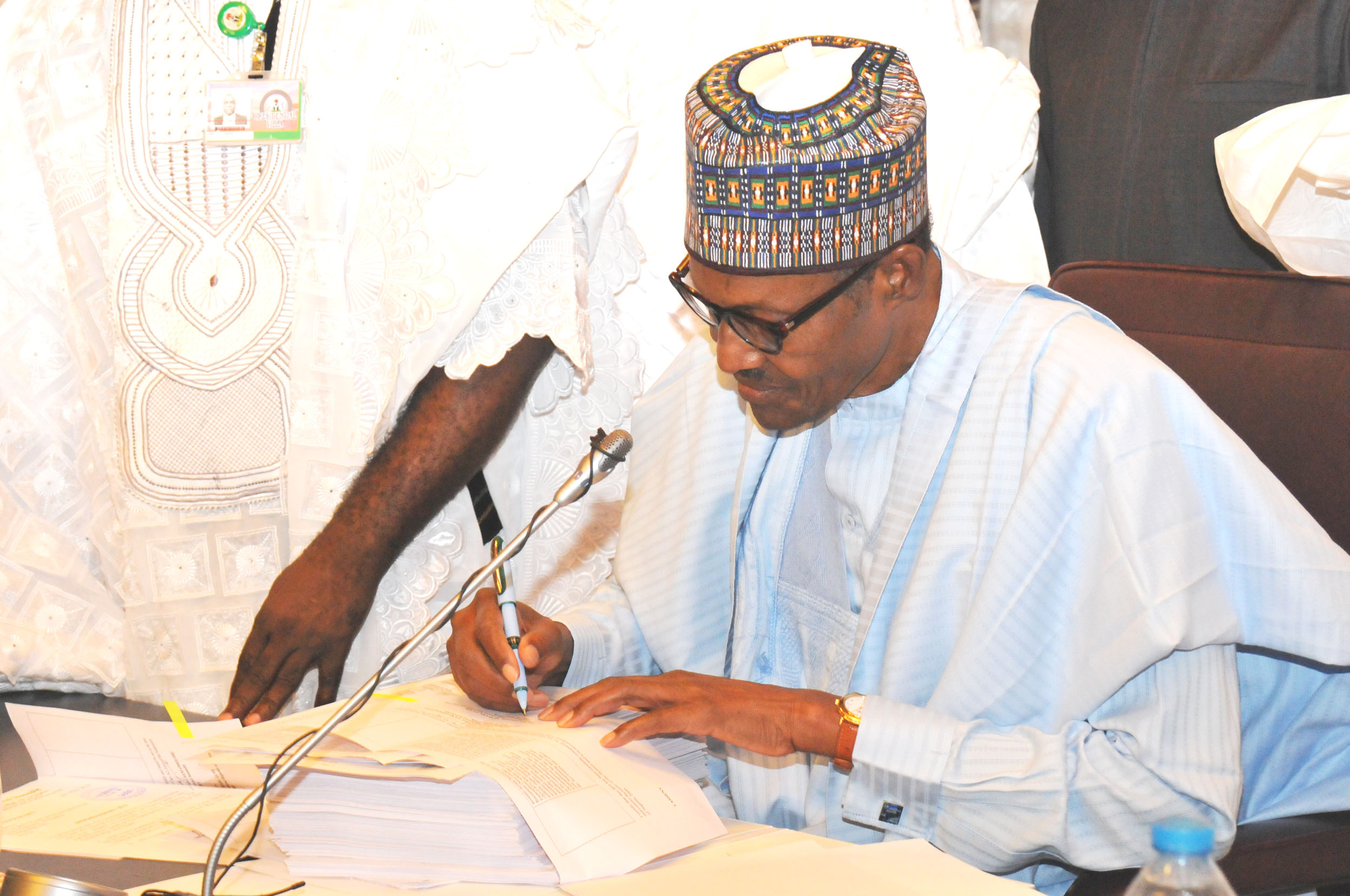There is this twin concept of danran and gbafe in the rich oral tradition of Oyo monarchy that is told to successive kings, right from the days of the Old Oyo Empire. They are two very complex phenomena famous in the Old Oyo Empire and which undergirded its governance and administration. The concepts were the cement that moulded the success of the famous separation of powers between the Alaafin and the Oyomesi (7 hereditary kingmakers).
As you are well aware, Oyo Empire was Africa’s reply to Eurocentric analysts who claim that democracy as a system of government was a white man’s invention. The empire’s separation of powers, as well as the checks and balances principle operated between the Alaafin and the Oyomesi were so closely defined that no Alaafin, even till today, can underrate the system or subvert the Oyomesi. The Oyomesi, before it gets to the juncture of stampeding the Alaafin to commit suicide, used the weapon of civil disobedience against the monarch by abandoning his palace, instructing its quarter residents to vacate the Oba’s market and sundry other silent kicks against his administration. The empire, even till now, is so clinically divided into large, small and smaller quarters, the first headed by the principal chiefs and the sub-divided quarters manned by baales and compound chiefs. This chain of administrative units allowed/allow the Alaafin to crystalize development in his domain.
And there lived an Otun Baale (Vice Village Chief) in the empire who though didn’t hail from the kingdom, was bestowed with this coveted position because of his war exploits. A warrior who strayed into the kingdom at a moment when it was being assailed right, left and center by enemies, Otun Baale routed all the rampaging enemies of the kingdom so effortlessly that the Baale, overwhelmed, proclaimed him his second in command, a pronouncement that received widespread acceptance of the populace. His war strategy was based on a talismanic phial he possessed which worked upon his exclamation of the word, “danran!” The moment he so shouted, his enemies would lay dead in their hundreds.
The Otun Baale lived to his old age and acquitted himself so well to the admiration of the Baale and all their subjects. Aware that his allotted time on earth was reaching its twilight, Otun Baale called all his children and remarked on the need for him to bequeath this awesome danran power to one of them. His Aremo (eldest child) sprang up and told him that he would be contravening existing traditional practice if he gave the danran to anyone else but him. And so the Otun Baale capitulated, vomited the phial from his belly and had the Aremo swallow same. Since then, the Aremo became a law unto himself, even in the lifetime of his father. The whole kingdom convulsed under his vice grip. He snatched people’s wives, took over farmlands unjustly, enslaved his constituents at whims and his tyrannical rule was without measure. Aware of the awesome powers he inherited, nobody dared the infamous flip of his sword.
Advertisement
Unable to stomach this despotism, the Baale summoned his father, the dying Otun Baale who, penitent and sober at his son’s wayward usage of power, asked that the whole kingdom be summoned to the public square, including theAremo himself. Face to face, in the presence of the crowd, the Otun Baale laid a case of gross abuse of office against the Aremo and asked that he vomited the danran. Angrily, the Aremo not only told his father he was talking balderdash but remarked that if he repeated this demand for an upward of thrice, he would kill him in the presence of the whole kingdom. “Fun mi ni danran!” (Vomit the phial!), the father repeated the second time and at the third request, Aremo invoked the incantation strung to the phial and shouted “danran!” so that the father could die. As he headed for the floor however, Otun Baale brought struggled to bring out its antidote called gbafe, made of a gourd soaked in palm oil, swallowed it and regained his composure. He further lapsed into a session of incantations and there and then, Aremo not only vomited the danran but died on the spot. Otun Baale picked the vomited danran and handed it to one of his children but gave the gbafe to the Baale to be transmitted to the people of the kingdom and he, the trustee. In the melee, Otun Baale remarked that, from then till the end of the time, the two powers – the danranand its antidote, gbafe – should never reside in the hands of a single person. This apparently birthed the separation of powers concept in the empire and the saying, danran lo mon, oo mon gbafe (unbeknown to you, danran isn’t the end of talisman; there is a gbafe).
If, come February 2019, President Muhammadu Buhari loses the Nigerian presidential election to “corrupt” Atiku Abubakar who, a few months back, austere number of Nigerians gave hope to become their president, it won’t be because Buhari and his minders failed to sell his lean efforts of the last three and half years to the country or that they didn’t effectively ensure the penetration of their buzzword, mai gaskiya (man of truth) into all the nooks and crannies of Nigeria. Or, to borrow from their ingenuous refrain, that a corruption in counter fight had won the war. Rather, it will be that Buhari failed woefully to draw ample lessons from the concepts of danran and gbafe.
By the way, ex-President Olusegun Obasanjo’s endorsement of Abubakar during the week was a salvage that, no matter its public relations stunt, can be compared to a slap in the wrist when placed side by side the colossal damage he had earlier wreaked on the credibility of his former vice in office. In the thick of the face-off between him and Atiku, Obasanjo very much damaged the brand of his ex-Customs boss deputy that it would take the whole heaps of deodorant in the whole world to odorize. While Obasanjo gave the impression that Atiku was a Smart Alec who cornered the wealth of the nation in the privatization exercise of his government, the Petroleum Trust Development Fund, (PTDF) and sundry other governmental honeycombs, Abubakar, to recompense his boss’ sting, also alleged that Obasanjo bought a 607 luxury car for one of his woman friends, a lady the former president allegedly swindled off an Abeokuta kinsman of his under the pretext of defreezing the couple’s matrimonial ice.
Advertisement
So, the impression on the swing out there is that, in any assemblage where Atiku Abubakar is, let the compere announce the presence of Mr. Corruption and the audience won’t need to be reminded who exactly is at issue. His stupendous wealth is said to be legendary and provokes the American phrasal banter, ‘we’ve seen the bucks but we ain’t seen the shop’ as no one can decipher what particular enterprise gave Atiku such phenomenal wealth. He apparently is one of the many Nigerian leaders who exploited the sundry loopholes at the federal establishment to make mounds of cash for themselves. Atiku however went a notch higher by investing the brackish cash so effectively that it trickles in quadruples. To further make the Atiku web of infamy complex is the allegation of money laundering against him by the American government, with the conviction of his ally, former US Congressman, William Jefferson and involvement of one of his various wives, Jamila. They all conspire to make Atiku a moral mis-example for leadership.
And that is the character who is squaring up with a man they tout as mai gaskiya, with the unflattering potential to hoist the Nigerian emblem from May next year. For those who still maintain that the Atiku equation is a very remote possibility, they only need to collate the views on the streets, feel the temperature of politics since Abubakar was announced as the Peoples Democratic Party (PDP) presidential candidate last week and the limitless desperation of the Buhari group to tar-brush him as a validation of the thesis of the Atiku possibility. This will only confirm the fact that the issues that will determine who carries the day between Buhari and Abubakar will not be as simplistic as alleging that Buhari is a saint and Atiku, a direct descendant of Lucifer.
The other oral narrative passed down to kings in the oral tradition of Oyo, which is another case of the gbafe residing in the hands of the people, is the rout of the draconian Basorun Gaa, who was appointed by Alaafin Labisi. He was successor to the throne relinquished by Alaafin Onisile in 1750 as the head of Oyomesi in the old Oyo Empire. Dreaded by the Oyo-Ile people due to his dreadful charms and supernatural endowments, oral history told by remembrancers had it that Gaa could transform into any animal under the surface of the earth and openly rebelled against Alaafin whom he belittled in public. Gaa wielded more authority and influence than the Alaafin who enthroned him.
In the course of his office, Gaa was said to have killed two best friends of Alaafin Labisi and the inconsolable monarch had to commit suicide in 1750. Even after Awonbioju ascended the throne as the new Alaafin, Gaa ensured that he reigned for only 130 days and ordered his execution subsequently. The life of Alaafin Agboluaje was one of his spoils of office. Even when Alaafin Majeogbe was installed in 1772, Gaa ensured that he lasted a year but Majeogbe had ensured that he poisoned and paralyzed Gaa. Alaafin Abiodun, who reigned from 1774 to 1789, was later to be the final nemesis of this wicked user of power. Gaa’s denouement came when, looking for a deer as sacrifice to the gods to heal him of his paralysis, he murdered Alaafin Abiodun’s daughter named Agbonin, whose name sounded like the Yoruba translation of a deer. Agbonin, a very pretty damsel, hawked wares past Gaa’s palace. A disconsolate Alaafin Abiodun thus met underground with those who energized the gbafe that eventually freed Oyo Empire from the hands of this flawed figure.
Advertisement
A cartoon published in Nigeria’s The Guardian during the week provoked this allegory of the ancient Old Oyo Empire. A figure that looked like Buhari’s had been approached by a crowd crying that he should rescue them from maniacal Fulani herdsmen. Buhari told them to go and pray. Again, the crowd cried to him to rescue them from poverty and Boko Haram insurgency and Buhari repeated the same word. When Buhari in turn launched his electoral campaign and asked the same people for their votes, the crowd too told him to go and pray.
If you break it into its brass-tacks, Buhari literally defrauded Nigerians of their votes in 2015. As fraudsters do, he capitalized on a craving – Nigerians’ thirst for a righteous leadership and mouthed kwaraption like the mis-melody of a broken gramophone. Even when he absconded like a truant pupil from the presidential debate, Nigerians excused him. The moment he got the danranhowever, he displayed his true colour. His kinsmen in Daura, Katsina State and his mother’s tribe, the Kanuris of Borno, were the only ones fit enough to benefit from the dividends of our collective danran. The economy totters under his feeble hands and he adorns his government’s neck with foul-smelling but expensive necklace made up of maggots. Fugitive Abdulrasheed Maina, the apparently corruptive reinstatement of Prof. Yusuf Usman, the Executive Secretary of the National Health Insurance Scheme (NHIS), SGF Babachir Lawal and many others are the testament to his fight against kwaraption. A cabinet of “saints” that took him six months to compose not only cannot square up to Goodluck Jonathan’s in terms of depth and luster but has since been caving in as an assemblage of impostors. But for the overwhelming cry by the people, Buhari’s hooded commissars, the EFCC burst into judges’ homes at nocturnes, defined the province of corruption as excluding the president’s party men and allies, while Buhari’s understanding of development manifests in the excruciating pains in the nooks of Nigeria.
Like the story of Gaa, as I write this, news is trickling in that the presidency had placed 50 high-profile Nigerians on travelling restrictions and whose assets, valued at N50million and above, are subject of corruption investigation and litigation. Whenever the names of the 50 persons are announced, they will be persons, like Sambo Dasuki, whom Buhari has personal axe to grind with or those who share different political views with him. When Buhari mooted the idea of Executive Order Number 6 a couple of months ago, it was grossly lampooned by Nigerians as indistinguishable from his draconian days of Decree 4 and a familiar turf of the Iron Curtains days. His romance of and acquiescence to corrupt persons has paled the tar-brush of Atiku Abubakar as a kingpin of corruption into a very irrelevant typology.
When rulers, upon being invested with the danran, think they are the beginning and ending of power, oblivious to their foibles and using the talismanic power to attack same people who own the power, the people show them that thegbafe resides in them. The people may well use the danran at the polls in February next year.
Advertisement
Though it is tragic that the presidential equation would bring Nigerians to this sorry juncture where the choice-less-ness between the duo of Buhari and Atiku would stare them in the face, other considerations may well swing votes the way of the latter. For instance, no one has the preparedness for office that Atiku has, nor his political reach into the contours of Nigeria. On the reverse, Buhari’s understanding of Nigeria barely transcends Katsina, Kaduna and a sprinkle of other Northern states. More fundamentally, if the dead of Benue, Taraba, Zamfara and other states whom herdsmen dispersed unto their untimely deaths because of a presidential aloofness to the cries for a stoppage of herdsmen’s atrocities have the opportunity to come back, will they vote a self-proclaimed corruption fighter or a firm leader who would defend their lives? It is only the living who can understand the language of anti-corruption.
Hungry Nigerians too would be given an opportunity to decide at the polls whether it is a nebulous fight against corruption that will put food on their table or a leadership which understands the path and process of development. The baggage being brought into this presidential contest by Atiku is huge, chief of which is, can Nigeria afford to vote a man who cannot enter the United States of America, a man who could be our own Manuel Antonio Noriega. You will recollect that, in 1988, Noriega, Panamanian politician and military officer, was convicted by federal grand juries which sat in Miami and Tampa. The charges against him ranged from drug smuggling, racketeering to money laundering. When America invaded Panama in 1989, Noriega was captured and flown to the US and was subsequently tried, indicted and convicted in Miami in April, 1992. Noriega subsequently bagged 40 years imprisonment, spent 17 years in an American jail and died in 2017 of complications from a brain surgery to remove a tumour. Atiku may well be our own gbafe, a people’s recompense to subsequent rulers of the Buhari hue, a statement to wit that, toying with the destiny of the people is a costly error.
Advertisement
Views expressed by contributors are strictly personal and not of TheCable.
Add a comment

